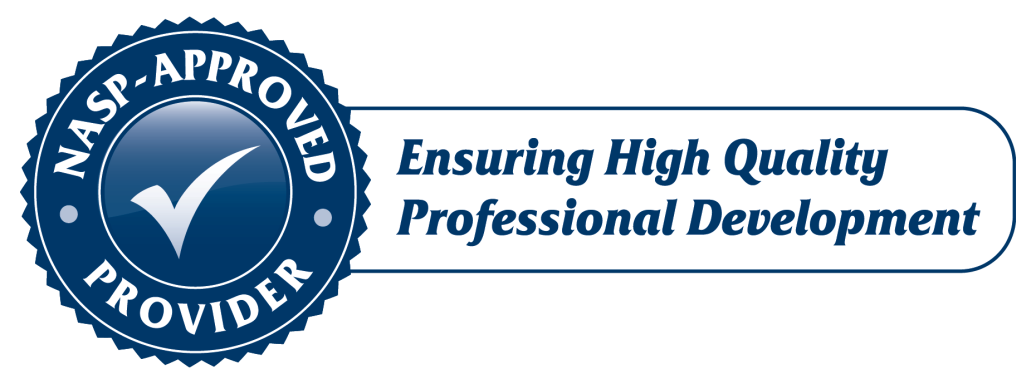KASP Fall Convention 2016
”Strength in Differences: Considering the Diverse Needs of Students”
The Kansas Association of School Psychologists is excited to welcome Dr. Samuel Ortiz and Dr. Dawn Miller as featured speakers for the 2016 Annual Conference.
Thursday Keynote
Dawn Miller

“Effective Consultation: Facilitating Instructional Decision -Making”
School psychologists have such a unique and vital role in the development of instructional programming to meet student needs. Effective consultation begins with the adage “seek first to understand” and will utilize activities to strengthen participants understanding of general education frames of reference that will contribute to stronger partnerships for instructional programming. The frames of reference will include a dive into awareness and response to different belief systems, standards, evidence-based instructional practices, and navigating planning for full membership, participation, and learning in core instruction.
Learning Objectives:
- 1) Understand the importance of general education frames of reference in the consultation and collaboration process.
- 2) Identify and reflect on their use of general education frames of reference in the consultation and collaboration process.
- 3) Reflect on opportunities to strengthen their practices when designing effective instructional programming.
Friday Workshop
Sam Ortiz

"Evidence-based Evaluation of English Language Learners: Determining simple difference from valid disorder”
This workshop will present current research on language, cognitive, and academic development and their application to evaluation within a comprehensive, research-based framework for generating valid data to support conclusions and decisions regarding the presence or absence of various types of disorders with English learners. Participants will be given instruction covering the implementation of evaluation procedures in a step-by-step manner for adequately measuring various abilities, guidelines for evaluating the validity of test scores, rules governing the selection and use of scores generated via testing in English vs. the native language, and specific guidance via case study examples that illustrate application of X-BASS and use of the C-LIM with emphasis on identification of specific learning disability, intellectual disability, and speech-language impairment. Topics include: issues in first and second language acquisition; the legacy of testing with bilinguals, understanding bias in testing; issues regarding test score validity; and use of the Culture-Language Interpretive Matrix. The knowledge and skills gained will be useful to practitioners at all levels and provides a solid base for engaging in evaluation of English learners that constitutes defensible and current best practices.
Learning Objectives:
1) Understand the history of cultural and linguistic factors in the development of psychometric principles and tools.
2) Know the basic steps and process involved in conducting comprehensive and systematic evaluation of culturally and linguistically diverse learners.
3) Learn the advantages and limitations of traditional approaches to evaluation of individuals from diverse backgrounds including alteration or modifications in test administration, use of nonverbal tests, and native language evaluation procedures.
4) Apply current research in the evaluation of the extent to which the validity of various assessment approaches and test results are undermined by cultural and linguistic factors.
5) Learn how to apply and use the C-LIM (within X-BASS) as a method for evaluating the extent to which cultural/linguistic factors may have compromised the validity of test performance and results.
6) Learn how to interpret standardized test and other data in a nondiscriminatory manner.
7) Recognize when cultural/linguistic differences are more likely to be the primary explanation for academic problems than is cognitive-based dysfunction.
Paper registration forms can be found here: KASP registration form.doc
A detailed convention schedule and Thursday Breakout Schedule can be found here: Convention Schedule(2).docx
Kansas Association of School Psychologists (KASP) is approved by the National Association of School Psychologists to offer continuing education for school psychologists. KASP maintains responsibility for the program.
KASP is a NASP approved provider of CPDs. KASP is approved provider #1030

No person will be denied access to or full participation in any KASP program, event or activity on the basis of sex, race, color, national origin, disability, or age.
